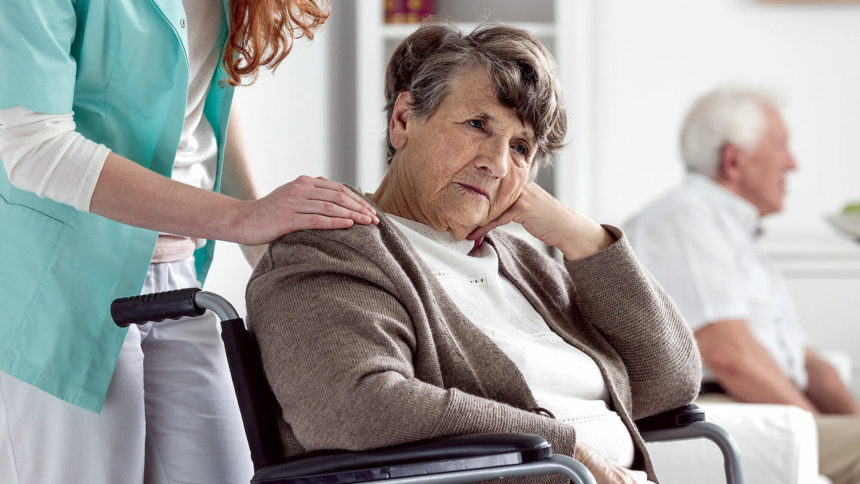
People with Alzheimer’s disease and related dementias who receive home health are likely getting prescribed antipsychotics too often, according to a new study. The research was published Wednesday in the Journal of the American Geriatrics Society.
The team looked at data from 6,684 older adults who were over the age of 65 in 2019. The data came from people who lived in New York, and all of the people were receiving care from home health agencies.
People with Alzheimer’s disease or related dementias were more than twice as likely to use antipsychotics. In fact, 17.2% of them used antipsychotics compared to 6.6% of people without Alzheimer’s or related dementias.
Antipsychotic drugs are not approved to treat dementia. Instead, they’re often provided off-label to help with symptoms such as aggression, agitation and psychosis. Those symptoms are often known as “behavioral and psychological symptoms of dementia.” Older adults who take antipsychotics have significant risks of serious drug-related adverse events like stroke and sudden cardiac death.
Which antipsychotic was most commonly used? Quetiapin (Seroquel), a drug approved to help manage conditions including schizophrenia, bipolar disorder and major depressive disorder.
People with Alzheimer’s and related dementias who use antipsychotics usually have limitations with activities of daily living. They also may take more medicines, have behavioral and psychological symptoms and live alone. Among people with Alzheimer’s and related dementias, antipsychotic use was associated with less improvements in performing activities of daily living when the people ended home healthcare, the study found.
“Antipsychotic use in persons with dementia is a serious patient safety issue, and it should be regularly reviewed for opportunities of deprescribing — such as dose reduction until discontinuation — whenever possible,” Jinjiao Wang, PhD, a study author and an assistant professor from the University of Rochester.



